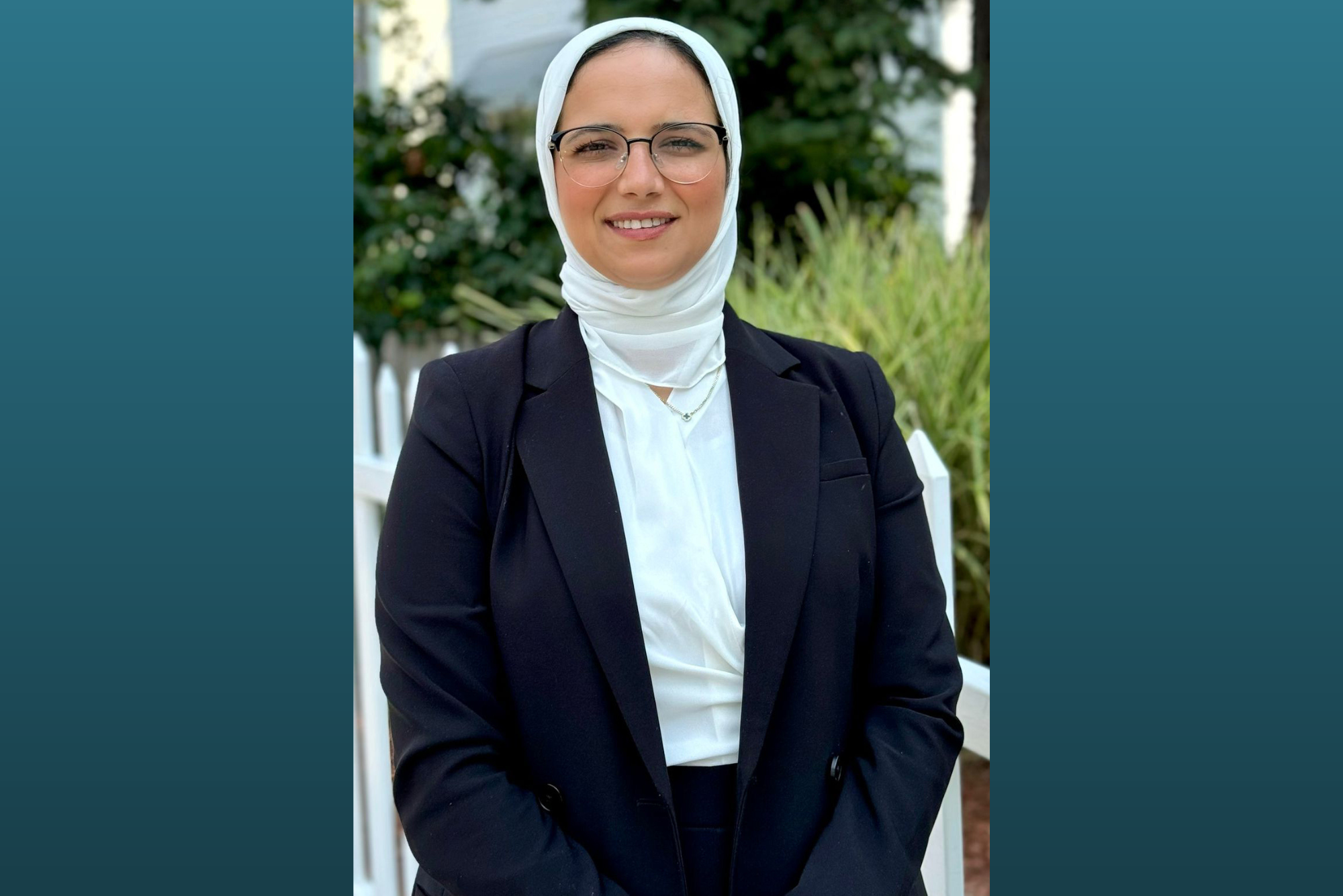By Crystal Carter, Texas A&M Innovation, August 13, 2024
Inventor Nancy Soliman Pioneers Eco-Efficient Concrete with Superior Strength and Durability
Nancy Soliman, Ph.D., an assistant professor at Texas A&M University-Corpus Christi in Civil Engineering Materials and Multiscale Experimental Mechanics, is a forward-thinking researcher deeply committed to environmental sustainability. Her work focuses on the sustainable development of bulk construction materials with high societal impact and multifunctional bulk composite materials for energy efficiency and resilient infrastructure. Through her research, she aims to reduce the significant environmental footprint of concrete and support the sustainable development of the construction industry, contributing to net-zero 2050 goals. Her latest innovations in concrete technology leverage advanced materials and unique formulations to achieve groundbreaking results.
The Technology: Eco-Efficient and Durable Concrete
Soliman’s technology addresses the environmental challenges of concrete production, particularly its high carbon emissions. By incorporating innovative, locally sourced materials and optimizing mix design, her approach significantly reduces the carbon footprint while enhancing concrete’s strength and durability.
In an interview, Soliman explains, “Our goal was to create a concrete that not only meets the structural demands of modern construction but also aligns with global sustainability goals. By using innovative materials and processes, we’ve developed a product that is stronger, more durable, and much more environmentally friendly than conventional concrete.”
This eco-efficient concrete not only reduces greenhouse gas emissions during production but also offers superior resistance to weathering, corrosion, and wear, ensuring longer lifespans for structures. This advancement could lead to significant cost savings over the life cycle of buildings and infrastructure, making it an attractive option for both developers and environmental advocates.
The Future of Innovation: What Excites Nancy Soliman
When asked about what excites her about the future of innovation, Soliman reflects on the broader impact of sustainable materials. “I am particularly excited about the potential of emerging technologies to intersect with sustainability, creating solutions that were once thought impossible. The concept of integrating smart technologies with sustainable materials to develop multifunctional concrete—such as self-healing and electrically conductive concrete for energy efficient —truly excites me,” she says. Soliman shared, “This approach not only enhances the resilience and durability of infrastructure but also redefines what can be achieved in sustainable construction. My passion for combining cutting-edge innovation with environmental responsibility fuels my work, positioning me at the forefront of a new era in civil engineering.”
Soliman envisions a future where buildings not only serve their traditional roles but also actively contribute to the environment by reducing energy consumption, lowering carbon emissions, and even purifying air and water. “We’re on the brink of a new era in construction, where the materials we use are not just passive elements but active contributors to a sustainable world,” she adds.
Next 5-Year Research Goals: Pushing the Boundaries of Concrete Innovation
Looking ahead, Soliman’s research goals are as ambitious as they are impactful. “My future research aims at establishing an integrated approach for the development of concretes that are eco-efficient, demonstrate enhanced mechanical strength and durability, and provide smart functionalities,” said Soliman. “By combining novel methods of multiscale chemo-mechanical material characterization and micromechanics approaches with advanced rational mix design methods, we can identify property-function relationships that drive material innovation and implementation in engineering practice.”
Texas A&M Innovation promotes an innovative and entrepreneurial culture among A&M’s research community and uses a rigorous process to guide projects from new innovations through market commercialization. We encourage industry partnerships, support startups and entrepreneurial commercialization, make connections to mentors, funding, and other critical resources to accelerate commercialization of System IP. Through our work we strive to promote regional economic development, and ultimately impact the lives of people locally, nationally and globally.


